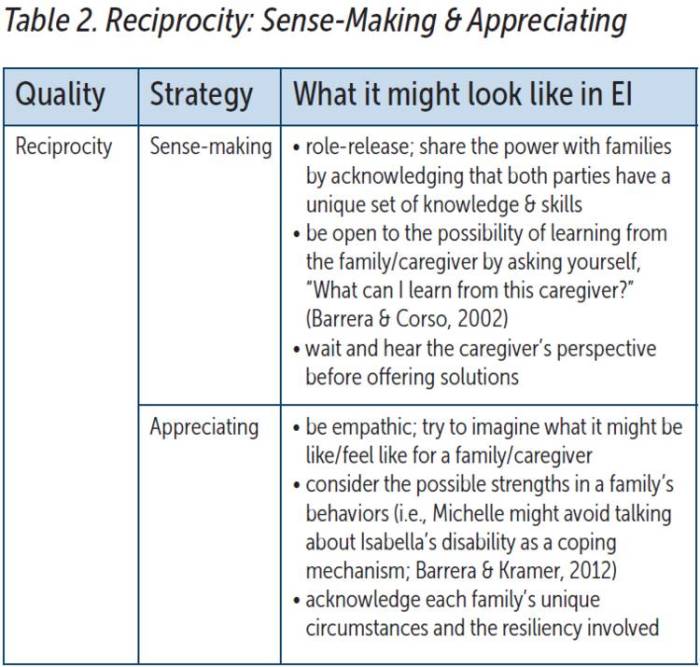What are the four r’s of an ethical hunter – Ethical hunting, guided by the principles of the four R’s, demands a profound respect for the game, the animal, the land, and others. This multifaceted approach ensures a sustainable and ethical hunting experience that honors the traditions of the sport while preserving the natural environment.
Respect for the game entails adherence to established rules and regulations, ensuring fair chase and maintaining the integrity of the hunting experience. Responsibility towards the animal mandates a clean and humane kill, minimizing suffering and respecting the creature’s life. Hunters also bear the responsibility to preserve the land, mitigating their environmental impact and contributing to wildlife conservation efforts.
Respect for the Game

Ethical hunting requires a deep respect for the game and its traditions. Hunters must adhere to the rules and regulations established by wildlife management agencies and follow the principles of fair chase. This includes respecting the animal’s instincts and abilities, using appropriate hunting methods, and avoiding any actions that would give the hunter an unfair advantage.
Responsibility to the Animal, What are the four r’s of an ethical hunter
Hunters have a responsibility to ensure a clean and ethical kill. This means taking every reasonable step to minimize suffering and respect the animal’s life. Hunters should be proficient in their shooting skills and use appropriate ammunition for the game they are hunting.
They should also be prepared to track and recover wounded animals.
Responsibility to the Land
Hunters play a vital role in preserving the natural environment. They help to control wildlife populations, which can prevent overpopulation and damage to habitats. Hunters also contribute to conservation efforts through license fees and donations to wildlife organizations. By practicing responsible hunting, hunters can help to ensure that future generations will be able to enjoy the same opportunities.
Respect for Others
Ethical hunters respect other hunters and non-hunters alike. They share resources, such as hunting spots and information, and they follow the rules and regulations of the area where they are hunting. Hunters should also be mindful of the impact their activities may have on others and take steps to minimize any negative effects.
Questions Often Asked: What Are The Four R’s Of An Ethical Hunter
What is the primary goal of the four R’s of ethical hunting?
To promote responsible and sustainable hunting practices that prioritize respect for the game, the animal, the land, and others.
How does ethical hunting contribute to wildlife conservation?
By ensuring responsible hunting practices, ethical hunters contribute to the long-term health of wildlife populations and their habitats.
What are some examples of ethical behavior in the field?
Adhering to hunting regulations, practicing fair chase, and respecting the rights of other hunters and non-hunters.


